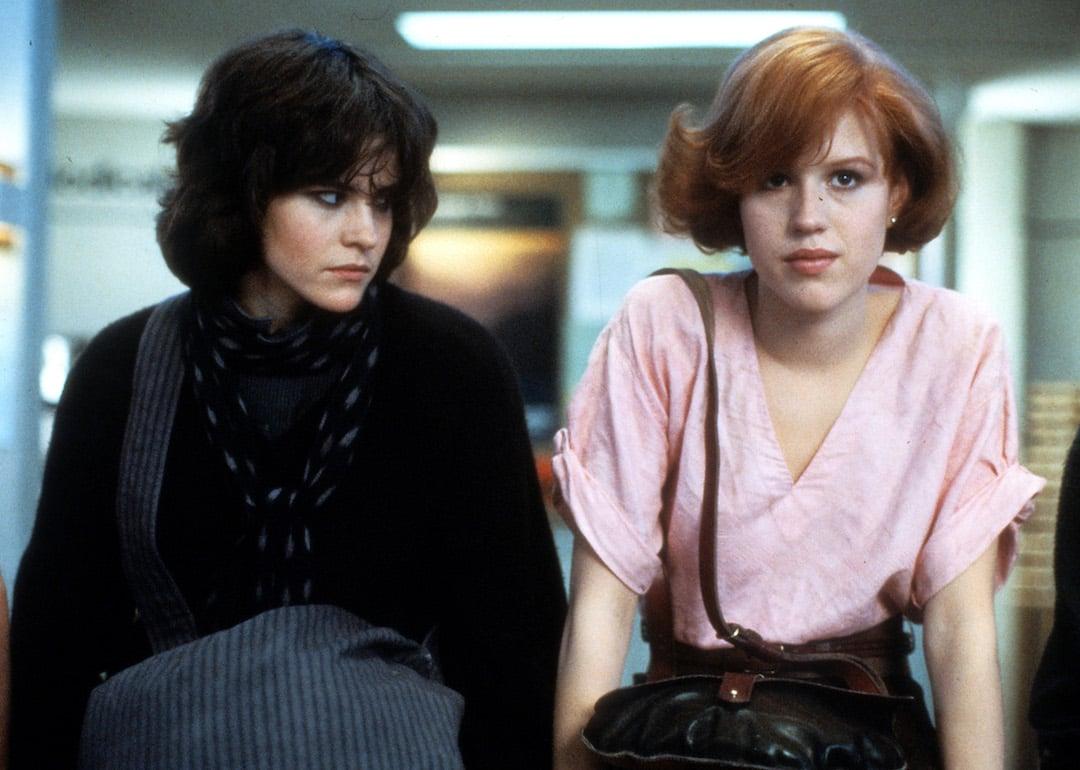
Rejected movie titles for 20 popular films
Rejected movie titles for 20 popular films
Casual movie-goers might not realize how much revision goes into a film before it's released for audience consumption. In addition to enduring countless drafts and rewrites, many films have initial titles that are scrapped or placeholder titles used temporarily before a real title is officially decided upon. This can occur at any stage of the filmmaking process—even after a film has wrapped production and is slated to go out, sometimes dependent on test screenings.
A different title can drastically change how audiences perceive a film. Take, for example, the clunky "Do Androids Dream of Electric Sheep?" in place of the slick "Blade Runner" or the mouthful "Everybody Comes to Rick's" before the far more sophisticated and suave "Casablanca" (much like the film's leading man).
In many cases, titles are announced and then changed before a movie's release, as was the case with James Gunn's "Superman," which was, at one point, set to be called "Superman: Legacy." Gunn explained in an interview with Rolling Stone that he didn't like that the title looked backwards when the film was designed to look forward, so the "Legacy" was dropped ahead of its July 2025 release. In the same interview, Gunn said he's "always cutting," which is why "Supergirl," due out July 2026, lost the "Woman of Tomorrow" that was originally part of its title.
Simplicity may just be the name of the game these days. In July 2025, Variety reported that Denis Villeneuve's next "Dune" movie, hitting theaters in December 2026, had changed its title from "Dune: Messiah" to the more straightforward "Dune: Part Three." Given the success of the preceding movies in the trilogy, it's likely a sensible edit. Still, it's interesting to imagine what might have been—and that extends to looking at title changes from decades past.
To recall other cinematic misnomers, Stacker dug into film history to find 20 popular movies that originally had different titles. Here is a look at the creative process behind why some of our favorite films were almost named something entirely different.
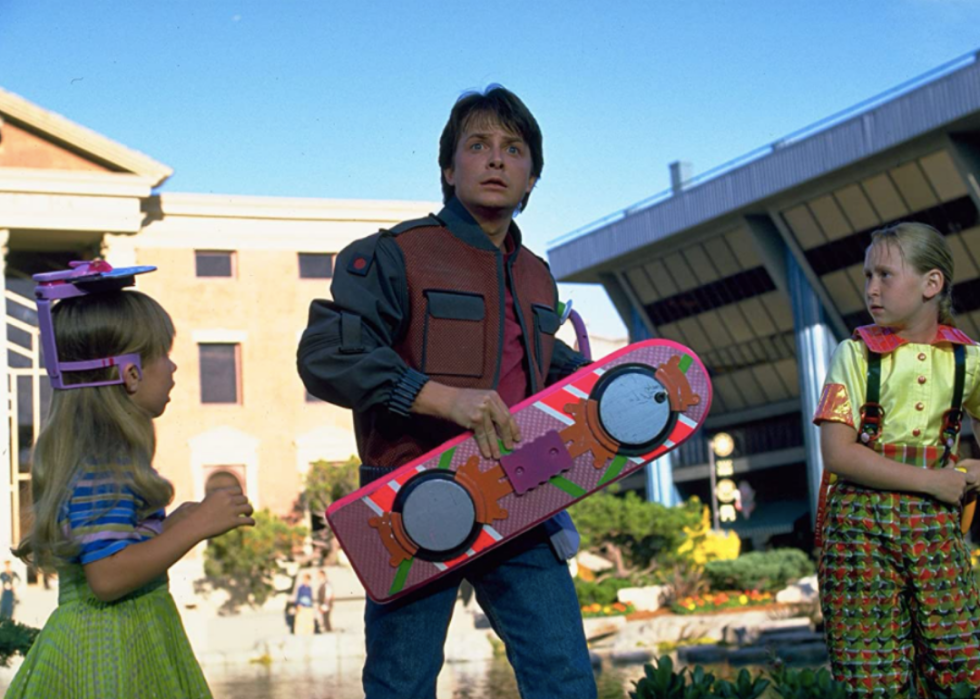
Back to the Future II
- Rejected title: "Paradox"
In this sequel, teenager Marty McFly (Michael J. Fox) and his mad scientist friend Doc Brown (Christopher Lloyd) upset the fabric of time by traveling into the future to save Marty's son—returning to a present that they no longer recognize and must now fix. "Paradox" was the name of an entirely different script for the proposed sequel to "Back to the Future," which had combined elements of "II" and the eventual "III" into one. When the project was estimated to be too expensive, it was split in two, but "Back to the Future II" was still shot under the working title "Paradox."
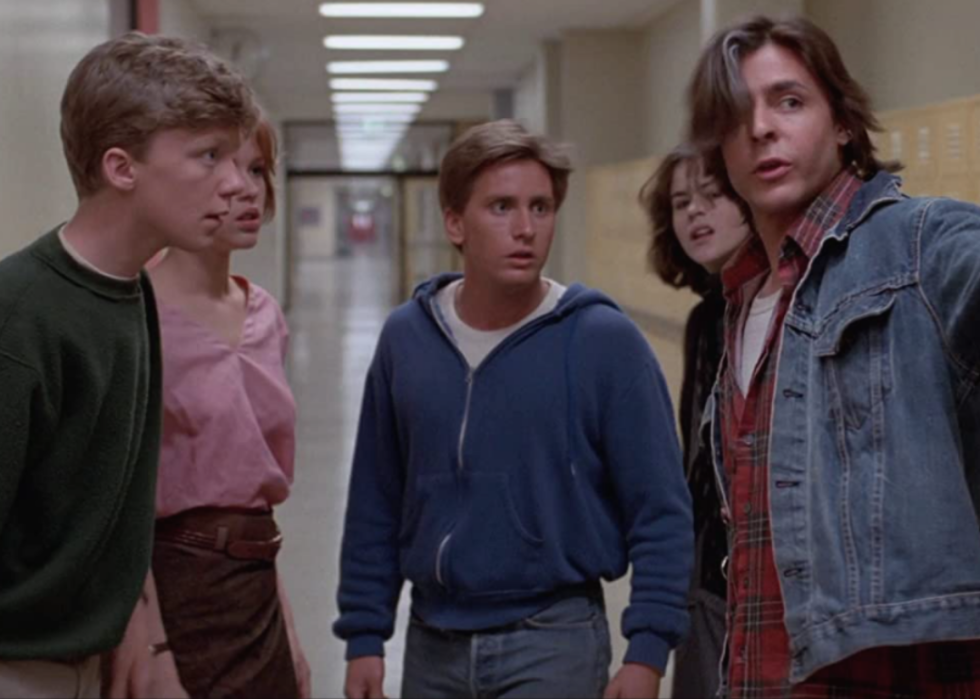
The Breakfast Club
- Rejected title: "The Lunch Bunch"
A brain, an athlete, a basket case, a princess, and a criminal end up together one fateful Saturday morning to serve detention under the thumb of their overbearing principal. Over the course of the morning, the five kids discover that their walks of life aren't all that different. Along with the initial title of "The Lunch Bunch"—the characters do have lunch together at one point—"The Breakfast Club" had another working title of "Library Revolution," also fitting due to the setting of the film.
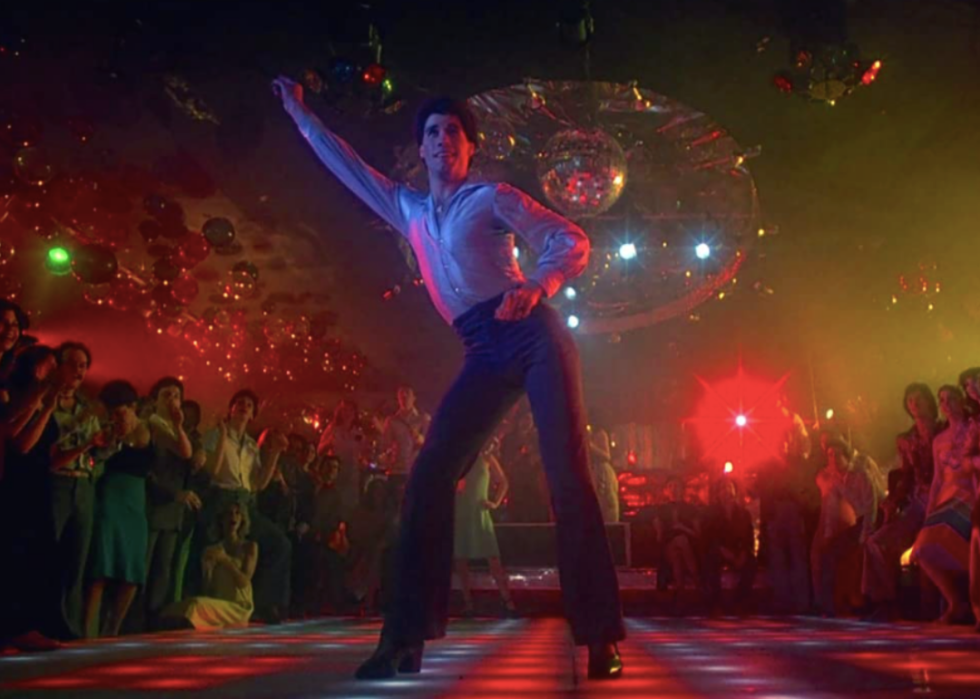
Saturday Night Fever
- Rejected title: "The Tribal Rites of the New Saturday Night"
Brooklynite paint store clerk Tony Manero (John Travolta) is desperate to free himself from the monotonous cycle of his day-to-day life, only broken momentarily on the weekends when he becomes a disco-dancing king. Following the announcement of a big dance competition, Tony enlists a talented young woman to be his partner, and the two slowly fall in love. The film draws its roots from a 1976 New York Magazine article called "Tribal Rites of the New Saturday Night," which was the working title and inspired the film's characters and formed the foundation for the plot.
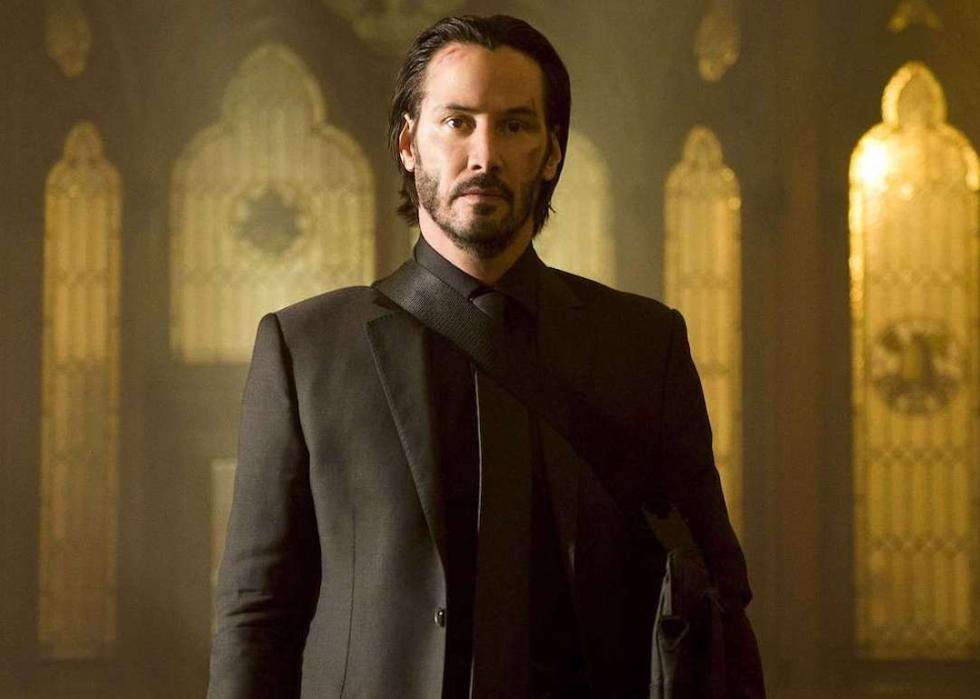
John Wick
- Rejected title: "Scorn"
Retired hitman John Wick (Keanu Reeves) gets back in the game with a vengeance after the death of his wife and the dog she gifted him. Screenwriter Derek Kolstad revealed in a May 2020 interview that he'd originally called the action flick "Scorn," but the title changed due to marketing reasons—namely, Reeves kept calling the movie "John Wick." It's safe to say the name has stuck now that the franchise has five films, including the forthcoming spinoff "Ballerina," set to be released in June 2025.
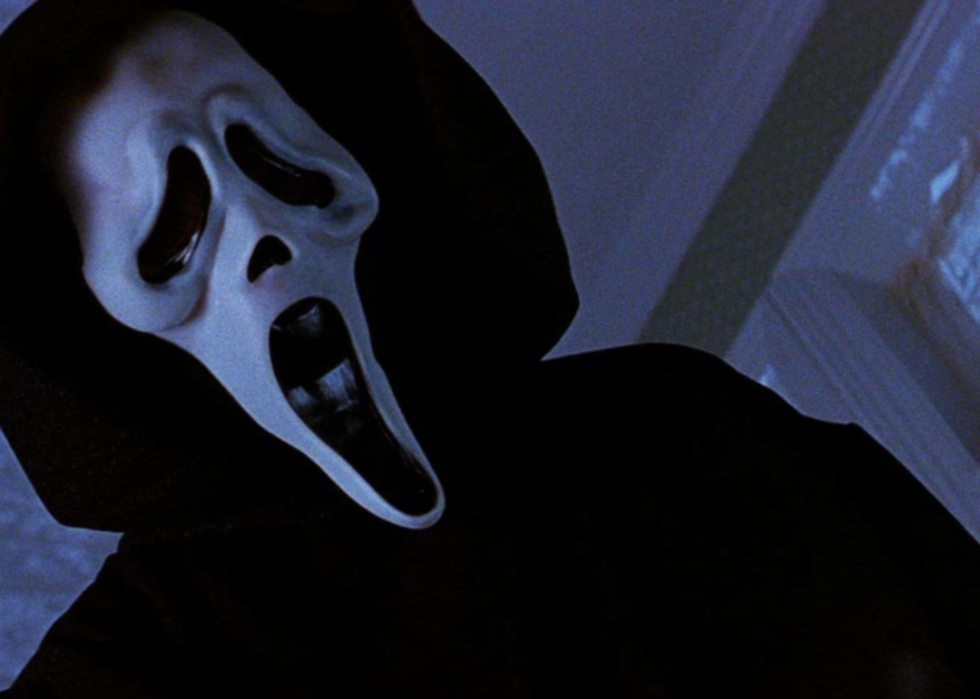
Scream
- Rejected title: "Scary Movie"
In Wes Craven's classic reinvention and satire of the slasher film, a masked serial killer terrorizes a group of high school kids by picking them off one by one, so they consider horror film conventions in the hopes that it'll help them escape the one they're suddenly in. Ironically given to the comedy film that parodied it in 2000, the film's original title "Scary Movie" was meant to reflect the metatextual nature of the narrative and the characters' love of horror films.
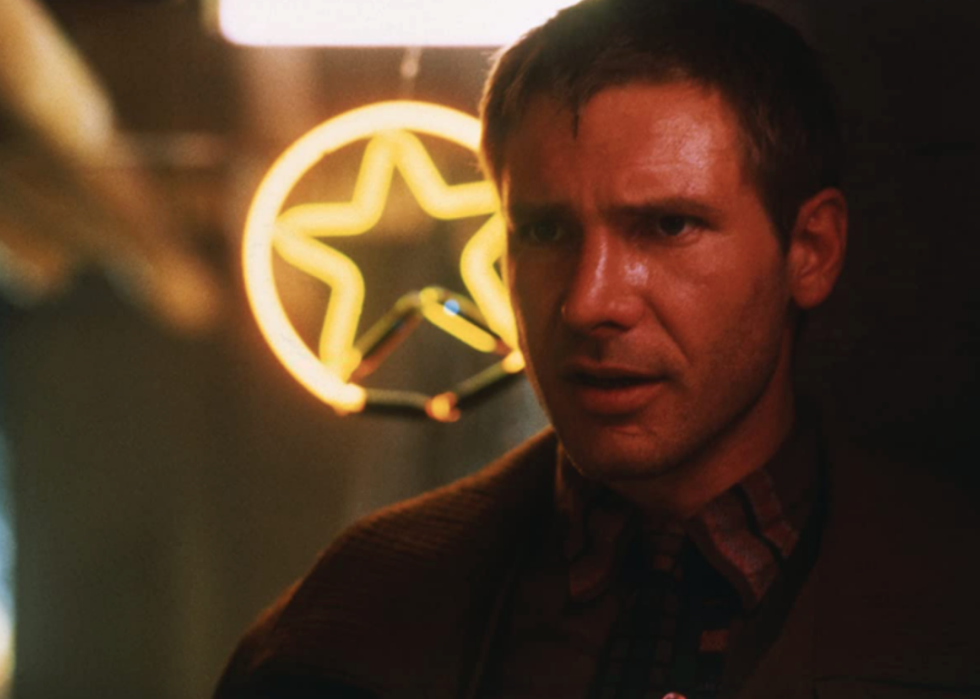
Blade Runner
- Rejected title: "Do Androids Dream of Electric Sheep?"
In the far-off, dystopian year of 2019, former Los Angeles cop Rick Deckard (Harrison Ford) reluctantly takes on the job of tracking down four "replicants," synthetic humans who escaped from their space colony back to Earth in search of their creator. The original title of this film has straightforward origins, as it is the name of the 1968 science-fiction novel the film is loosely based on.
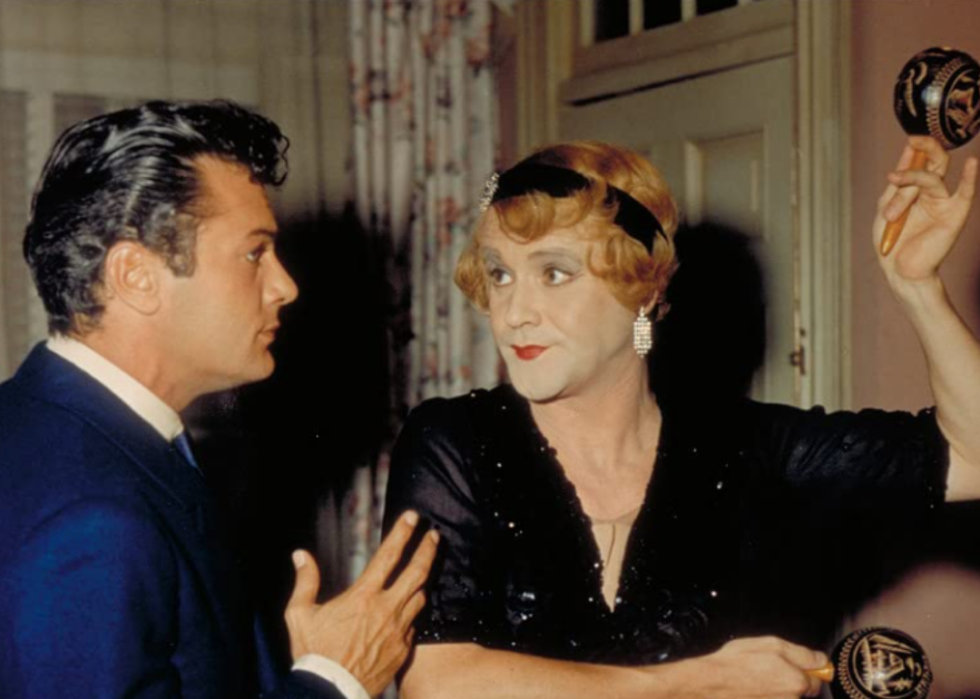
Some Like It Hot
- Rejected title: "Not Tonight, Josephine"
Two jazz musicians witness a mafia hit and are forced to go on the run, disguising themselves as women and infiltrating an all-women's jazz band. But just when they think they're in the clear touching down in Florida, the mobsters arrive there, too. The working title of "Not Tonight, Josephine" comes from a line uttered by Jack Lemmon's character Jerry, regarding Tony Curtis's character Joe's female alias.
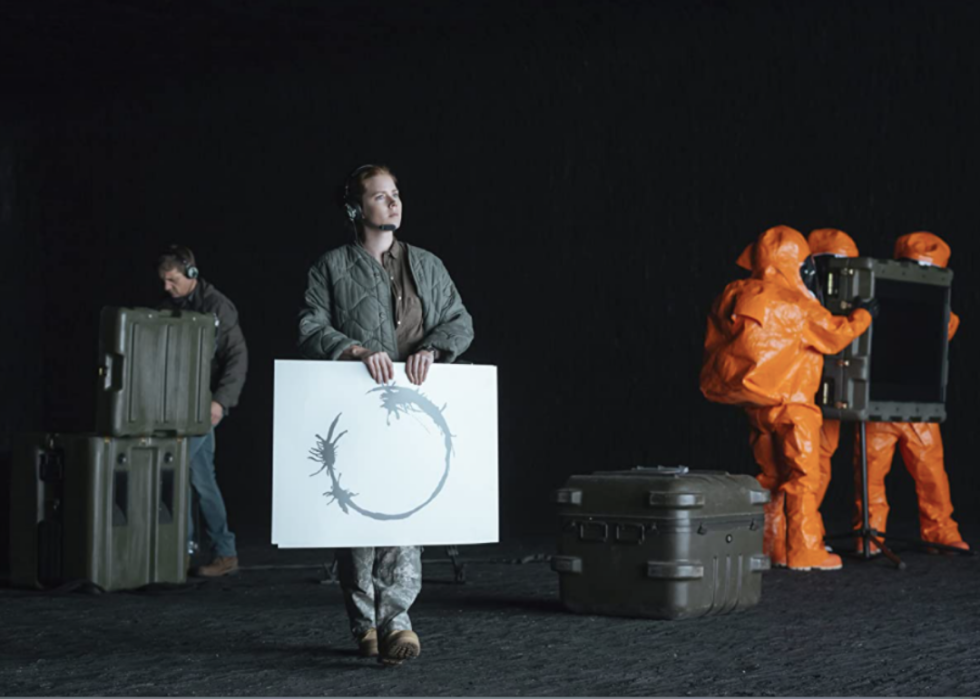
Arrival
- Rejected title: "Story of Your Life"
When 12 gigantic spaceships touch down on Earth's surface, harboring cephalopod-like extraterrestrials inside them, a linguistics professor is tasked with finding a way to communicate with the creatures as the world teeters on the brink of all-out global war. As with "Blade Runner," the working title of "Arrival" stems directly from its literary source, a short story entitled "Story of Your Life" by Ted Chiang.
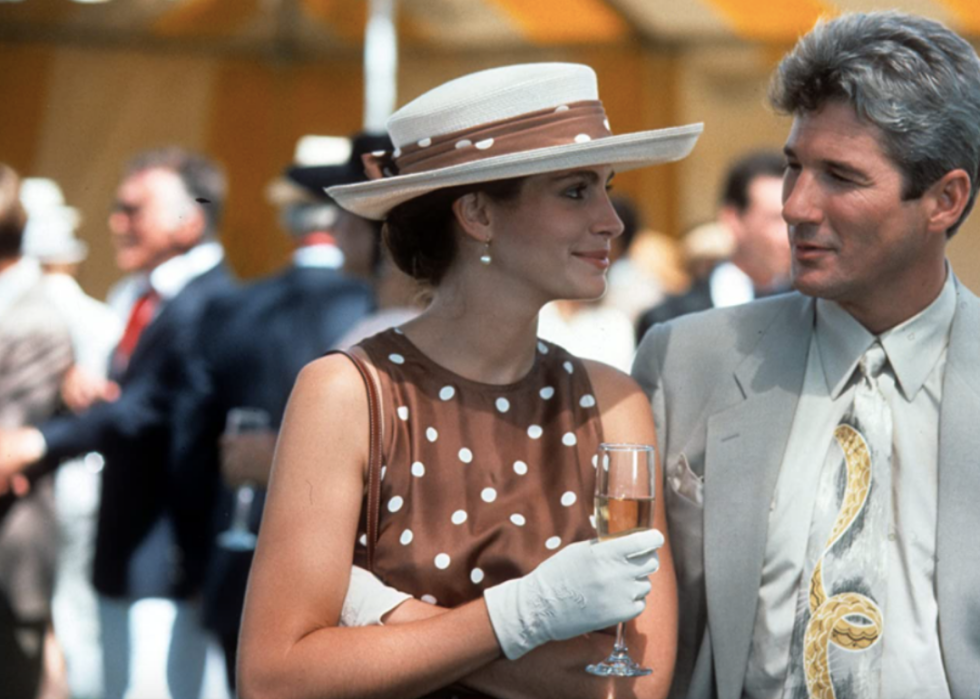
Pretty Woman
- Rejected title: "3000"
Los Angeles sex worker Vivian (Julia Roberts) and wealthy businessman Edward (Richard Gere) form an unlikely relationship, after Vivian is hired by Edward to be his escort, then to play his girlfriend over a series of business trips and social gatherings, and the two begin to fall for one another. At the beginning of the film, Edward offers Vivian $3,000 to get her a new wardrobe for their little charade, and this tiny detail is where the film's original title came from.
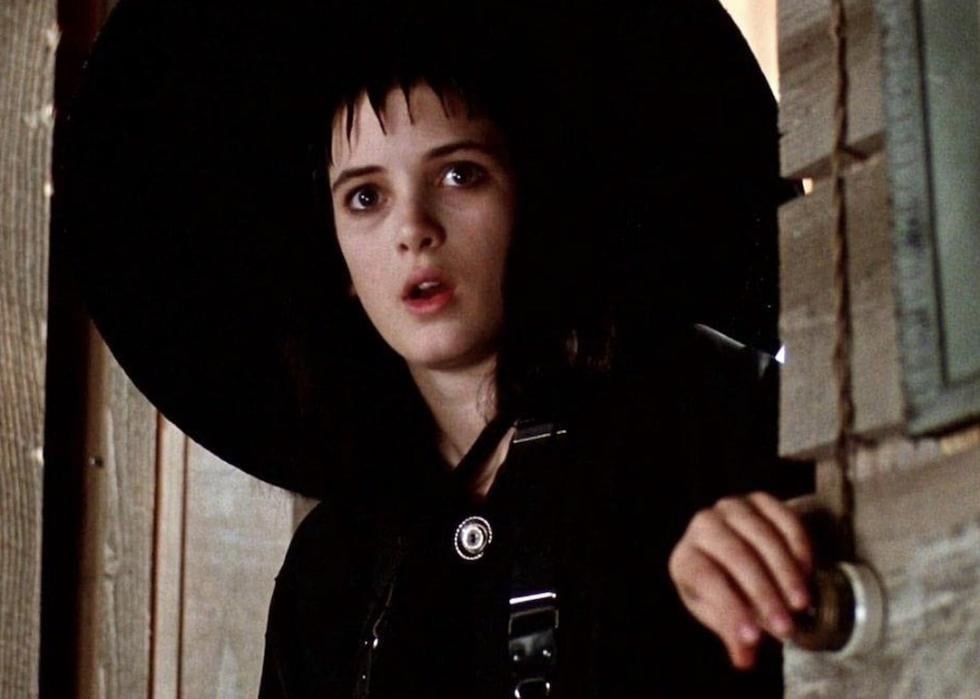
Beetlejuice
- Rejected title: "House Ghosts"
To rid themselves of unwanted houseguests, ghosts Adam (Alec Baldwin) and Barbara (Geena Davis) contact a silver-tongued demon by the name of Beetlejuice (Michael Keaton Douglas). As iconic as the name "Beetlejuice" has become, executives at Warner Bros. argued for the title "House Ghosts," which would have focused more on Adam and Barbara. But director Tim Burton stood firm and "Beetlejuice" went on to become a horror-comedy classic, setting the stage for the 2024 sequel "Beetlejuice Beetlejuice."
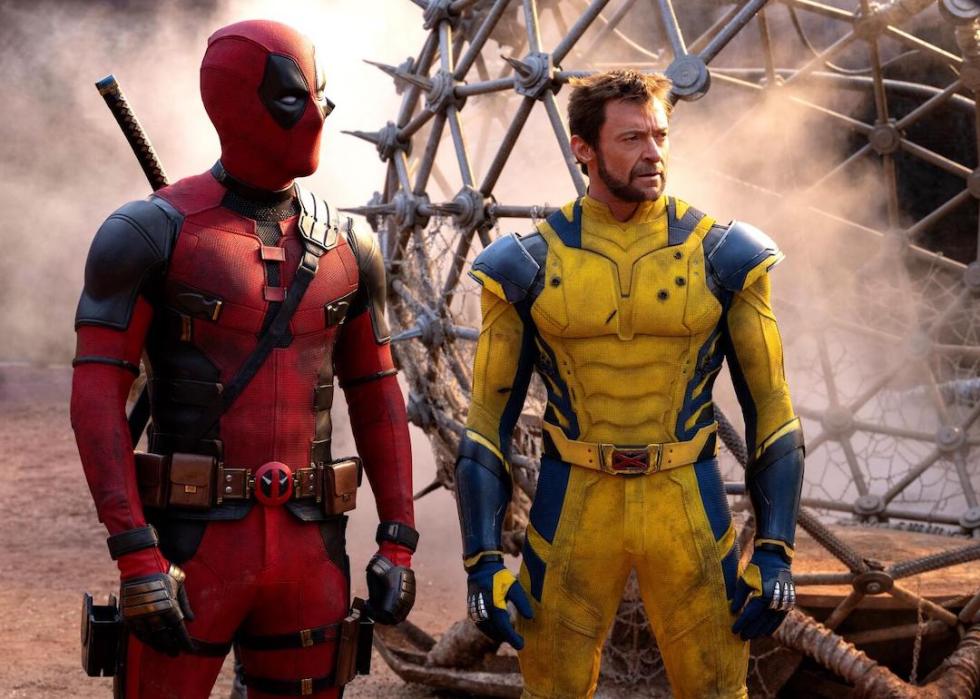
Deadpool & Wolverine
- Rejected title: "Deadpool & Friend"
The third installment in the "Deadpool" franchise sees the "Merc With a Mouth" (Ryan Reynolds) team up with Wolverine (Hugh Jackman) to—what else?—save the multiverse. Though the movie focuses on the two heroes' partnership, Wolverine almost missed top billing in the title. In July 2024, Reynolds said that the film was once called "Deadpool & Friend," but he and director Shawn Levy lobbied for a change after the name leaked and earned a poor online reception.
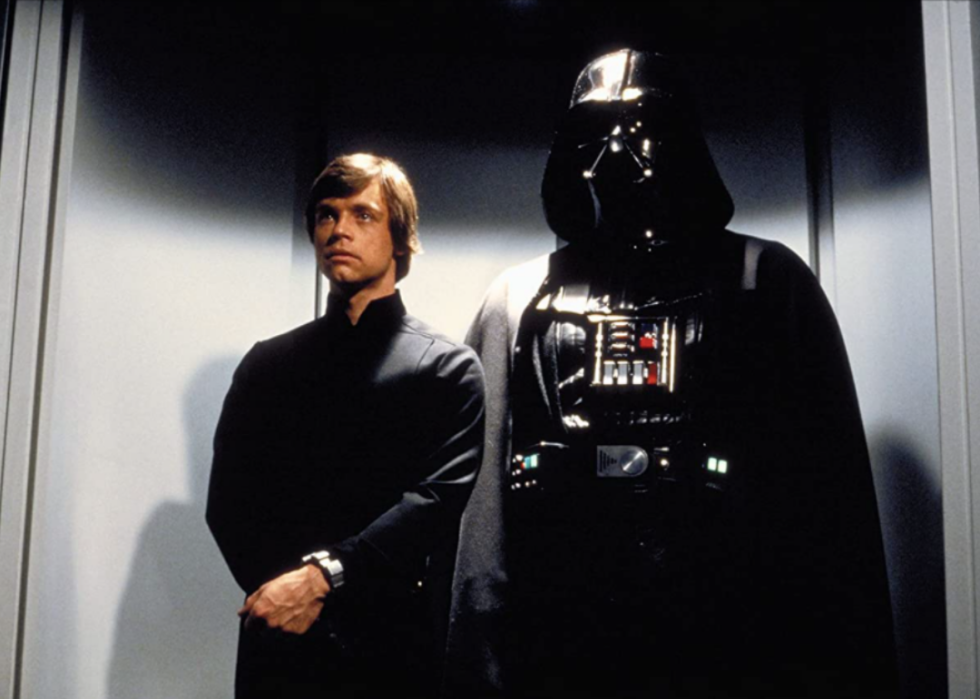
Return of the Jedi
- Rejected title: "Blue Harvest"
In the epic conclusion to the original sci-fi trilogy, Luke Skywalker, Han Solo, and Princess Leia each do their part in saving the Rebel Alliance and disrupting the Galactic Empire to defeat Emperor Palpatine and stop Darth Vader from taking over the galaxy. The film utilized the fake title of "Blue Harvest" during production, leading journalists and fans of the series to believe Lucasfilm was working on a new horror film. This kept production on the film a secret, and kept the costs low as well.
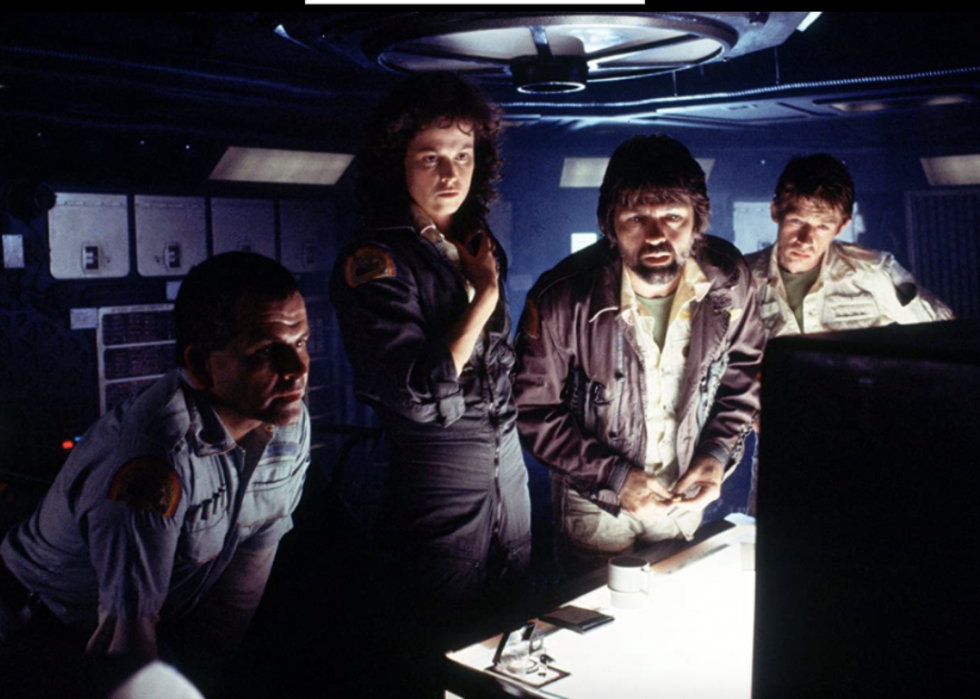
Alien
- Rejected title: "Star Beast"
The crew of a commercial starship named Nostramo are awakened from cyro-sleep and thrown off-course by a distress signal from a nearby alien ship. When they board the ship to discern the source of the signal, they discover a nest of mysterious eggs and are attacked, unknowingly bringing aboard a deadly lifeform onto their own ship. Named after the film's alien monster—the Xenomorph—"Star Beast" became "Alien" after the filmmakers realized how many times the word appeared in the script.
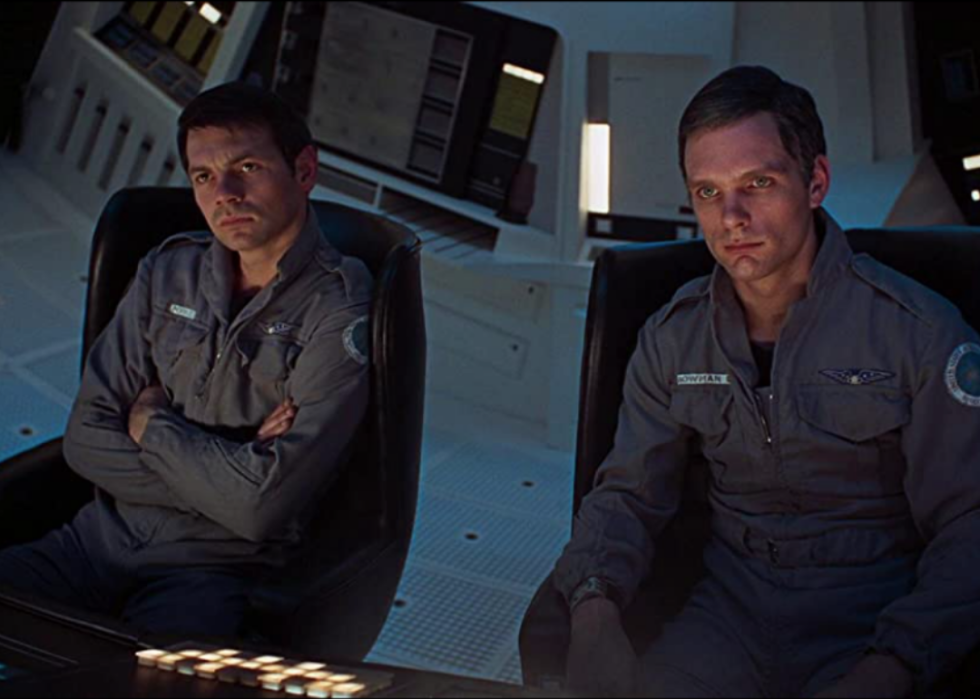
2001: A Space Odyssey
- Rejected title: "How the Solar System Was Won"
A breathtaking voyage across the universe in the past and future, Stanley Kubrick's seminal science fiction epic chronicles the discovery of a mysterious object found on Earth's surface that predicates the future of human evolution and existence. The film's original title was inspired by the Western "How the West Was Won," and it was intended to be a documentary.
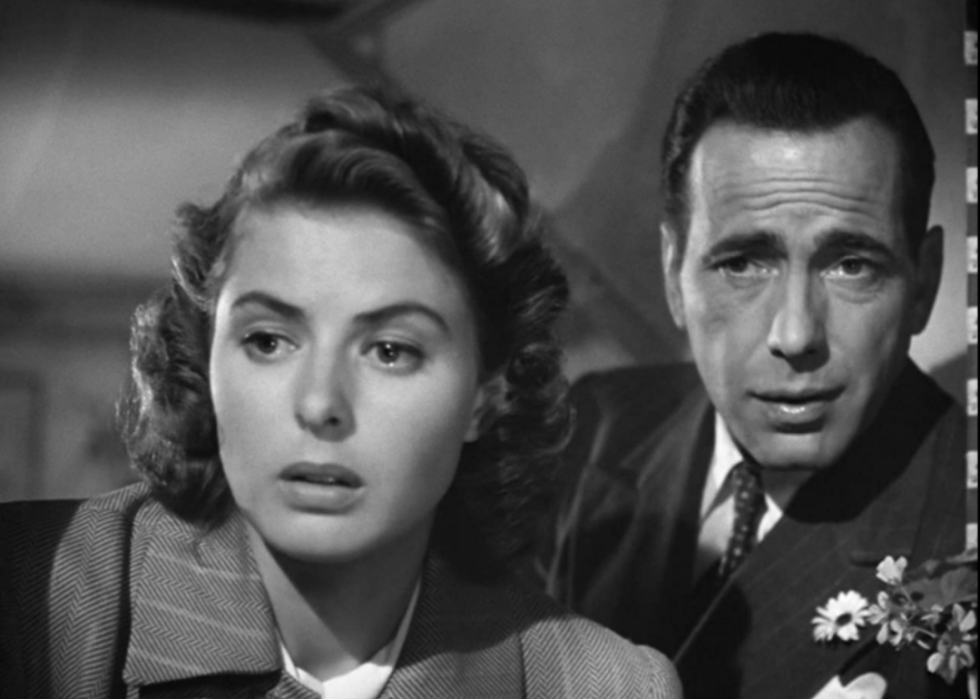
Casablanca
- Rejected title: "Everybody Comes to Rick's"
In this classic Old Hollywood film, Humphrey Bogart stars as Rick Blaine, a nightclub owner in Casablanca, Morocco, whose old flame comes to town with her husband who just happens to be a fugitive Czech Resistance leader. Together, they're seeking refuge from German officials as World War II rages on. "Everybody Comes to Rick's" was originally "the world's worst play," bought unproduced by Warner Brothers, and was then adapted for film and retitled "Casablanca" during production.
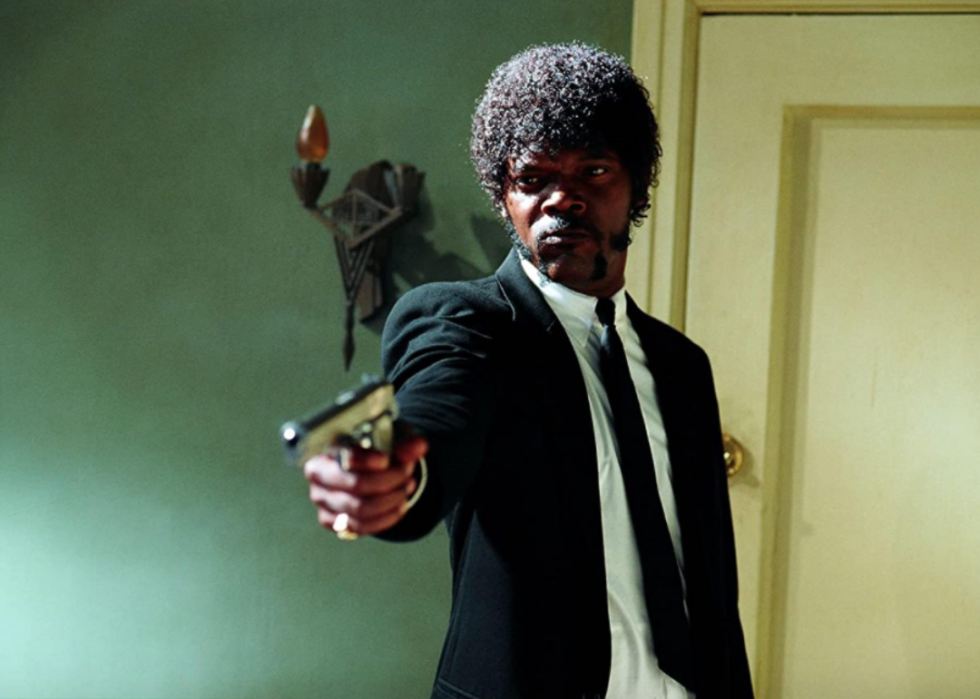
Pulp Fiction
- Rejected title: "Black Mask"
Told in a nonlinear storyline, the lauded crime-comedy from Quentin Tarantino follows two philosophically minded hitmen, a criminal couple, a has-been boxer, and a gangster and his young wife, all stories interlocking and anchored by a mysterious briefcase. The film's working title was an homage to the crime fiction magazine that made the pulp fiction genre popular in the 1930s and 1940s. Eventually, the filmmakers went with a title which emphasized the genre as a whole.
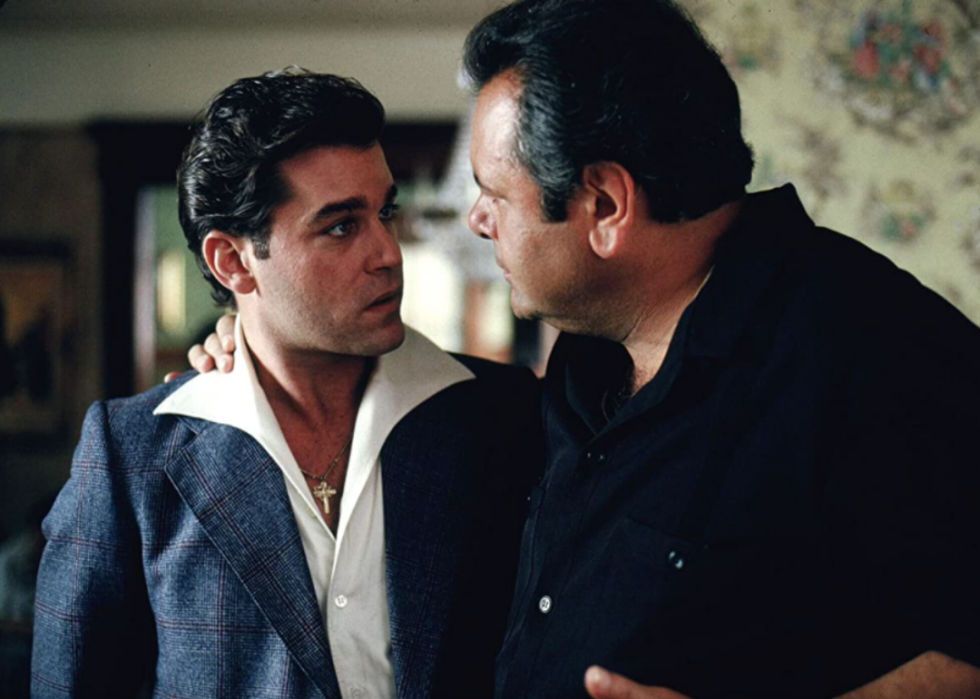
Goodfellas
- Rejected title: "Wiseguy"
One of Martin Scorsese's most popular crime films takes a look at the rise and fall of real-life mobster Henry Hill—chronicled from 1955 to 1980—who works his way up in the ranks of the criminal underworld, then slowly becomes undone. "Wiseguy" came from the film's source material, the 1985 nonfiction book by Nicholas Pileggi. Pileggi and Scorsese co-wrote the film's script, changing the title to "Goodfellas" during production to avoid confusion with two other similarly titled projects around the same time.
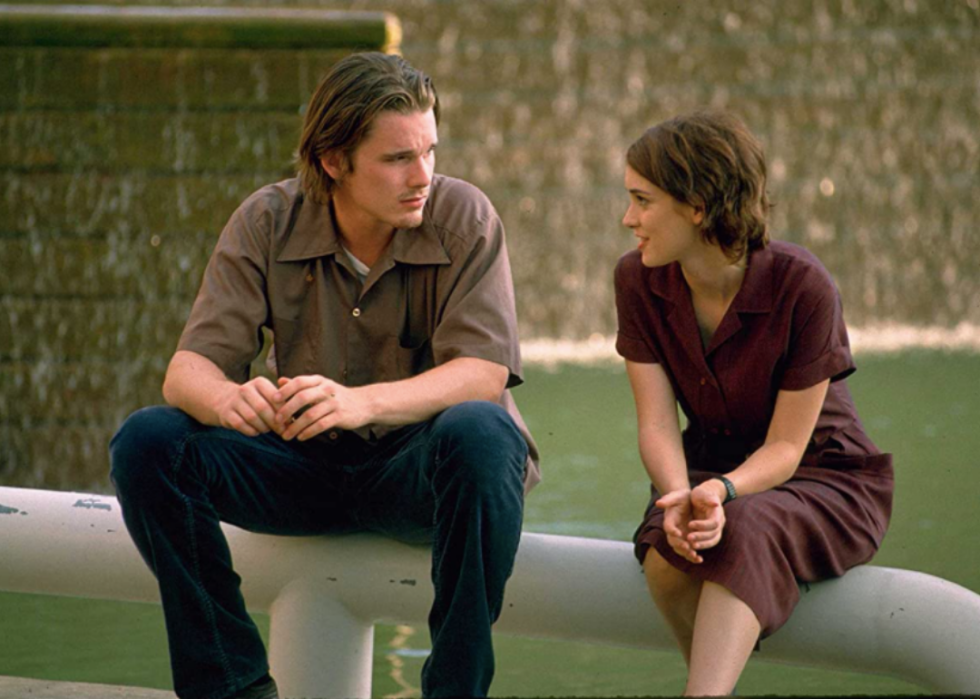
Reality Bites
- Rejected title: "The Real World"
An eclectic group of college graduates struggle to fit into adulthood following undergrad, and one of its members, aspiring videographer Lelaina (Winona Ryder), decides to film a documentary about them. The film's original title of "The Real World" had to be scrapped when the reality TV series of the same name premiered in 1992.
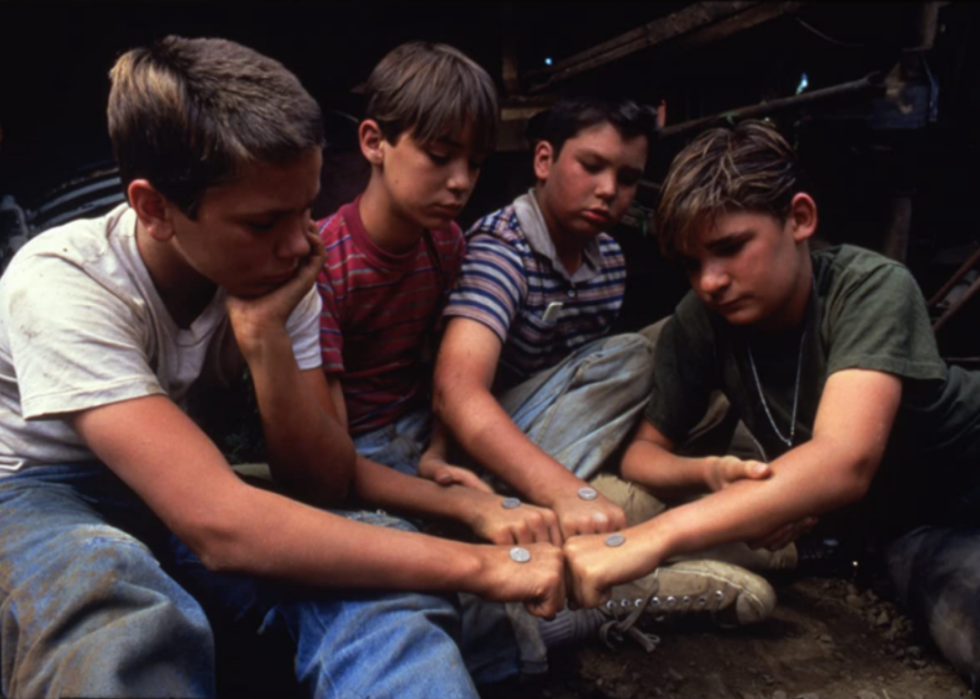
Stand by Me
- Rejected title: "The Body"
The lives of four Oregon boys are changed forever after they decide to go look at the body of a stranger who died near their homes. The trek they go on in order to get there becomes a defining event in their adolescence. Adapted from Stephen King's novella "The Body," the studio disliked the novella's title for the film; the screenwriter even felt it sounded too much like an adult film or "bodybuilding film or another Stephen King horror." Director Rob Reiner picked the new title based on the Ben E. King song of the same name.
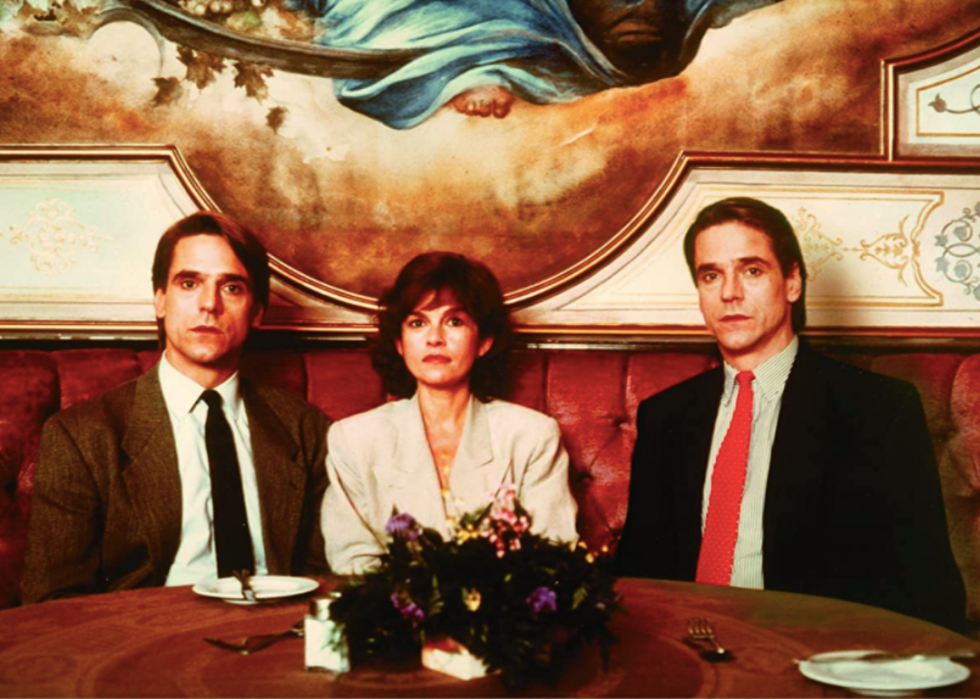
Dead Ringers
- Rejected title: "Twins"
Identical twin gynecologists Elliot and Beverly (both played by Jeremy Irons) share their affairs with a number of patients without the women ever knowing there's two of them. Beverly ends up falling hard for one patient in particular, and becomes unhinged when she deceives him. Loosely based on the highly fictionalized novel of the real-life brothers' story entitled "Twins," the film was originally titled "Gemini," but the studio didn't like it. Then, Ivan Reitman approached director David Cronenberg to purchase the rights to "Twins" for his own use, and "Dead Ringers" was settled on.



